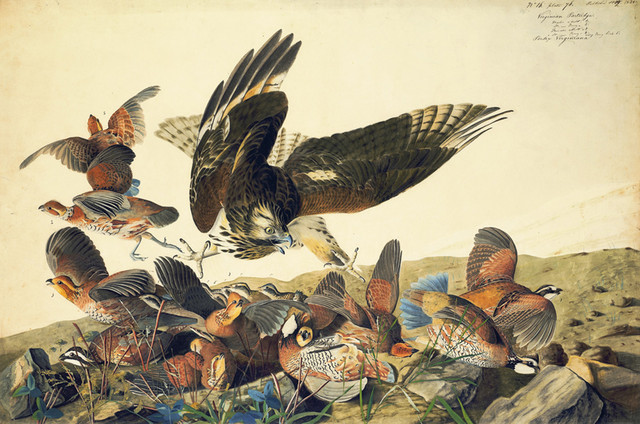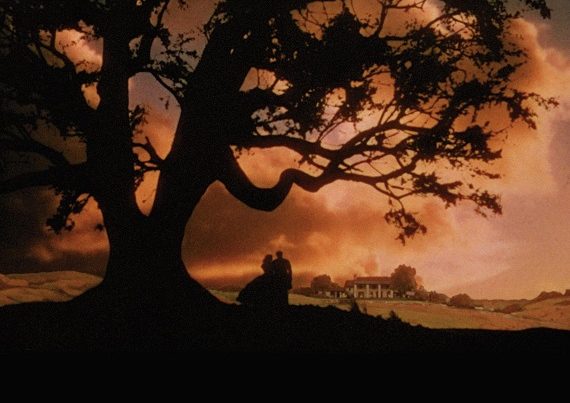Coal miners have their canaries; we have colinus virginiánus, the bobwhite quail. Like the canary that goes silent as the oxygen levels in a mine drop, so too has the quail gone silent in large swaths of the South.
The decline of Gentleman Bob has been attributed to any number of factors. Wildlife biologists blame the loss and destruction of favorable habitat. Some point to diseases and parasites as the true ravagers of the quail. Myself, I lay the blame at a number of doors. The small farms with their hedgerows and weedy edges, where people, crops, and quail thrived have gone missing. As these habitats began to disappear, wildlife agencies began a curious love affair with such varmints as hawks, coyotes and wolves. The decline of trapping among the younger generation after the 1960s may have been celebrated heartily in many a fox den, PETA den, and raccoon nest, but not so much by Gentleman Bob who now had more worries to add to his list. Loss of habitat, the ever expanding suburban savannah and its 1” putting green lawns, and game laws that favored predators over prey have left Gentlemen Bob in a bad way.
Well, too bad for Gentlemen Bob you might say, and if you are truly enlightened you might also think too bad for the men and women who hunt quail and the dogs they follow in the field. But what exactly, you might ask, has this to with the state of things in Dixie? Well, much dear reader.
You see, Gentlemen Bob thrives where country people thrive. By thrive I do not mean $40,000 pick-up trucks that haul one person and some air in the back. Nor do I mean satellite TV, vacations to Maui, or a lifetime supply of Doritos and Viagra. I do mean the ownership and good stewardship of land in such a fashion as to provide a sufficiency for the people who derive their livelihood from it, and a surplus to aid posterity and the less fortunate. I also mean the fostering of independence over false security, charity over materialism, stewardship over exploitation.
Since the end of the Late Unpleasantness, the farmer in the South, and his brethren elsewhere have struggled with the prevailing trends in finance, demographics, and politics that have subordinated his avocation to the mores and methods of finance, industry, and biotechnology. Truth be told, the farmer has also to struggle with his own concupiscence, as do we all, the attractions of greed, lust, and ambition, even as these vices are dignified as virtues in our progressive and enlightened culture.
The destruction of the family farm was given a major boost by the Republican party during the administration of Richard M. Nixon. Nixon’s Secretary of Agriculture, Earl Butz (in some quarters pronounced “Butt-Head”) told farmers to “get big or get out.” In Butz’s wise view, federal subsidies to American family farmers encouraged inefficient production and created a moral hazard that could best be rectified by diverting these subsidies to Archer Daniel Midlands, Purina, Monsanto, and an assortment of large factory farm operations. Heaven forbid that we might do away with the subsidies all together and find better ways to farm. All of the above corporations, of course, have been bearers of nothing but virtue, light and goodness, or so say their public relations offices.
So family farms grew to be few in number, the hedgerows were destroyed, topsoil eroded, and gone too are all but the last remnants of the self-sufficient, independent citizenry that once flourished upon the country’s agriculture. Of course, the republican society that once flourished on the foundation on widely distributed property with its hallmarks of civility, manners, and hospitality has all but vanished as well. And Gentleman Bob is rarely heard in his former haunts on a June morning.







